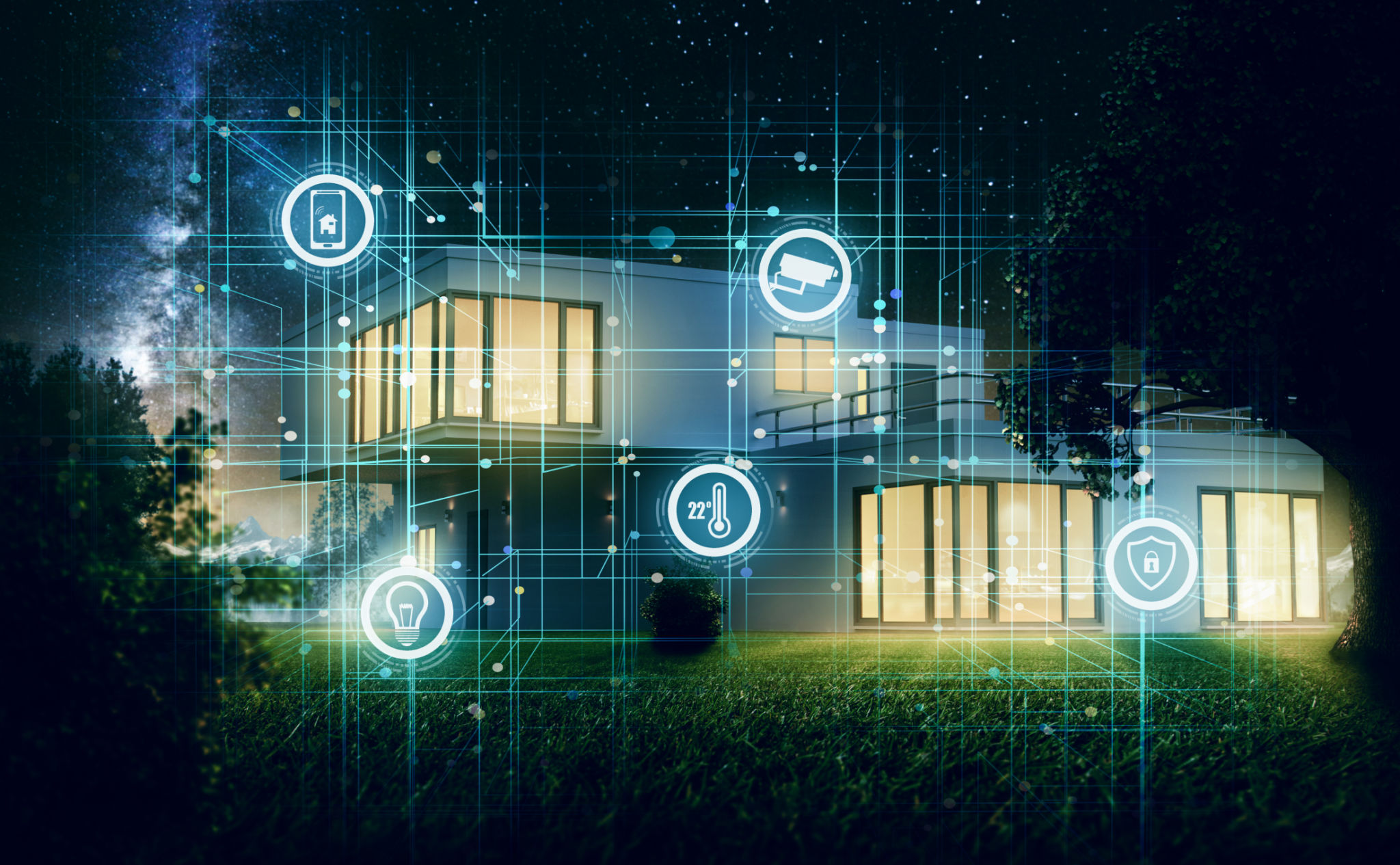Expert Advice on Integrating AI with Smart Home Security Systems
CP
The Intersection of AI and Smart Home Security
With the rapid advancement of technology, integrating AI with smart home security systems has become a hot topic among homeowners and tech enthusiasts. AI-powered security systems offer not only enhanced protection but also bring a new level of convenience and peace of mind. By leveraging machine learning and data analytics, these systems can analyze patterns, detect anomalies, and provide real-time alerts to homeowners.

Benefits of AI-Integrated Security Systems
One of the primary advantages of AI in home security is the ability to provide proactive threat detection. Unlike traditional systems that react after a breach, AI can predict potential threats by analyzing data from various sensors and cameras. This predictive capability allows homeowners to address vulnerabilities before they are exploited.
Another significant benefit is the reduction in false alarms. AI algorithms can differentiate between genuine threats and benign activities, such as a cat walking across the yard. This ensures that homeowners are not overwhelmed with unnecessary alerts, making the system more efficient and user-friendly.
Integration with Existing Systems
Integrating AI with existing smart home security systems is not as daunting as it may seem. Most modern systems come with compatibility features that allow seamless integration. Homeowners can start by upgrading their current systems with AI-enabled cameras and sensors that can communicate with the central hub.

Furthermore, many manufacturers offer cloud-based AI services that can be added to existing setups. These services often include facial recognition, activity pattern analysis, and remote monitoring. By utilizing cloud technology, homeowners can access and control their security system from anywhere in the world through a smartphone app.
Key AI Features to Consider
When choosing an AI-integrated security system, there are several features to consider:
- Facial Recognition: Identifies familiar faces and alerts homeowners of unknown individuals.
- Voice Commands: Allows control of the security system using voice assistants like Alexa or Google Assistant.
- Real-time Monitoring: Provides live video feeds and instant alerts to your devices.

Challenges and Considerations
Despite its many benefits, integrating AI into home security does come with challenges. Privacy concerns are at the forefront, as these systems often collect and store vast amounts of data. Homeowners need to ensure that their data is protected with robust encryption methods and that the service provider has a transparent privacy policy.
Another consideration is the cost. While prices for AI-enabled devices have become more affordable, the initial investment can still be significant. It's crucial for homeowners to weigh the benefits against the costs and consider long-term savings in insurance premiums or preventing potential thefts.
The Future of AI in Home Security
The future looks promising for AI in smart home security. As technology continues to advance, we can expect even more sophisticated systems that offer better integration, enhanced features, and increased reliability. Emerging trends such as IoT (Internet of Things) integration and edge computing will further expand the capabilities of these systems.
Ultimately, embracing AI in home security is not just about keeping intruders at bay. It's about creating a safer, smarter living environment where homeowners can enjoy peace of mind knowing that their loved ones and belongings are protected by the latest technology.
